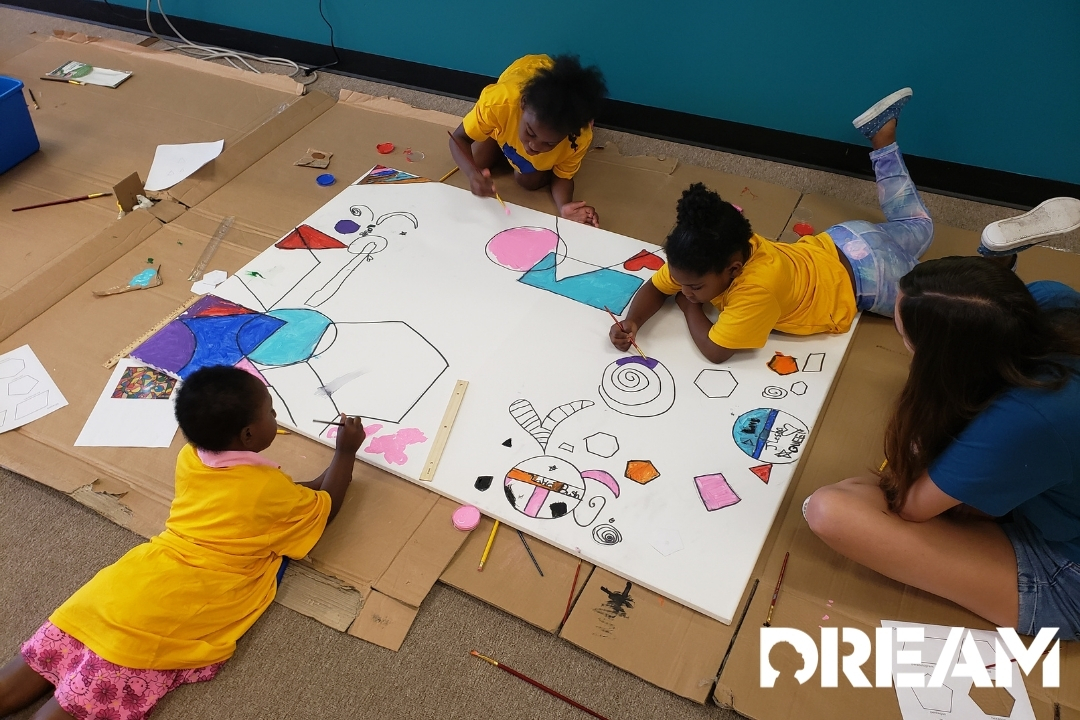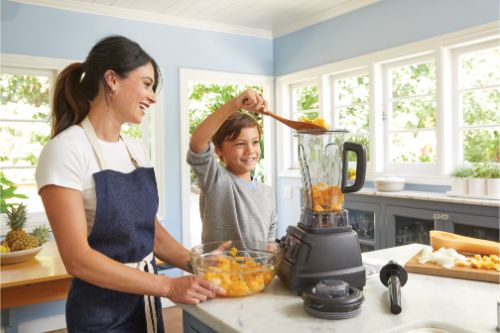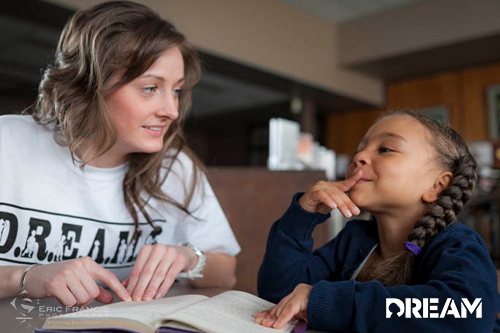Thousands of parents go through divorce every year. If you’re one of the many going through a divorce, remember your kids are going through divorce too. Many times the way your kids react can depend on many things. How they react can depend on their age, personality, circumstances surrounding the divorce, the process of the divorce or how you parent through the divorce.
Every divorce will affect the kids involved. Initial reactions can come in many forms including shock, sadness, frustration or worry. On the upside, kids can come out on the other side of divorce learning how to cope with stress, be more flexible, and more tolerant.
Breaking the news
As soon as you are certain of your plans, talk to your kids about your decision to live apart. Though there’s no easy way to break the news. If possible have both parents there for the conversation. It’s important to try to leave feelings of anger, guilt or blame out of the conversation.
It’s important to practice how you’re going to manage your kids so you don’t become upset or angry during the talk. The discussion should also be altered to the age of the child. It is important to consider their maturity and temperament.
Tell your kids that sometimes adults change the way they love each other, or cannot agree on things so they have to live apart. Give kids enough information to prepare them for the upcoming change in their lives. Answer all questions truthfully and respectfully.
Many kids and parents will grieve the loss of the kind of family they had hoped for. Kids will miss the presence of both parents and the family life they once had. Mourning the loss of a family is normal, but over time everyone in your family will come to accept the new living spaces. Encourage honesty in your home. Let kids know that their feelings are important to their parents.
Consistency
Consistency and routine can go a long way toward providing comfort and familiarity that can help your family during this major life change. When possible, minimize unpredictable schedules, transitions or abrupt separations. Especially during divorce, kids will benefit from one-on-one conversations and family time. No matter how inconvenient, try to accommodate your ex-spouse as you figure out visitation and schedule changes.
No Fighting
Although an occasional argument between parents is expected in any family. Living in a battleground of constant hostility and unresolved conflict can be a terrible for space kids to be in. Screaming, fighting, arguing or violence can make kids feel worried and afraid. Kids whose parents express anger and hostility are much more likely to have emotional and behavioral problems that continue past childhood.
Talking to a divorce counselor or mediator can help couples air their grievances with one another in a way that doesn’t harm their children. Though it may be difficult, working together in these tough times can spare kids the hurt cause by continued bitterness and anger.
DREAM, one of the Midwest’s well-known youth mentoring organizations, provides life-changing and life-enriching experiences to at-risk youth through mentoring and after-school programs in Omaha, Nebraska, and Springfield, Missouri. Their proven approach puts children in a comfortable setting where they’re encouraged to discuss openly, learn, and grow as individuals. Are you interested in getting involved with DREAM? Contact us today.






